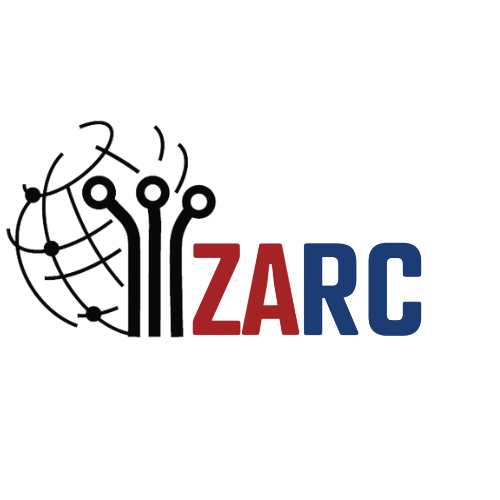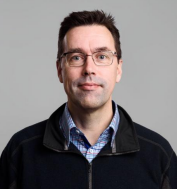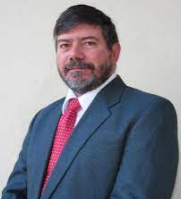Presented by

The Introduction to DNS Training course is designed to provide students with a solid foundation in DNS fundamentals and key concepts. Throughout this course, students will gain knowledge on how to design DNS structures for scalability and high availability, install and configure DNS name servers, and understand the delegation of zones and domains.
The course also delves into more advanced topics, such as DNSSEC validation and issues related to access control and response-rate limiting. In the Advanced training course, students will further explore the vulnerabilities of DNS and strategies to mitigate them. This includes learning about DNS Monitoring Systems, Access Controls, TSIG, and a comprehensive overview of DNSSEC.
The course has been updated to reflect the latest developments in DNS technology, with a focus on modern networking environments and the use of DNS Forwarding and Split-DNS. Notably, the course now includes in-depth coverage of DNSSEC, including configuration via KASP, automated key rollovers, and delegation synchronization via CDS and CSYNC.
Overall, the DNS Training course offers a comprehensive and up-to-date curriculum that equips students with the knowledge and skills needed to navigate the complexities of DNS in today's digital landscape.

